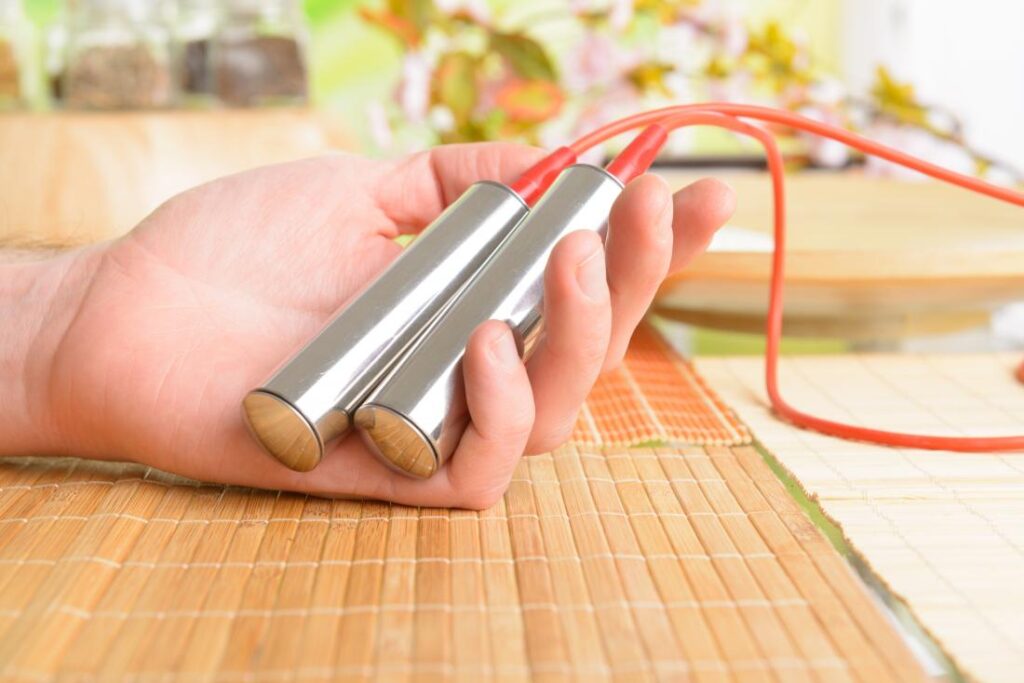Understanding Rife Machines: What You Need to Know

Rife machines have garnered attention for their controversial claims of healing and treatment, particularly in the realm of alternative medicine. Invented by Dr. Royal Raymond Rife in the early 20th century, these devices are purported to use electromagnetic frequencies to target and eliminate disease-causing organisms in the body. However, the use and effectiveness of Rife machines remain a topic of debate among medical professionals, researchers, and users. Here’s what you need to know about Rife machines.
1. What Are Rife Machines?
Rife machines are electronic devices that generate specific electromagnetic frequencies. Dr. Rife theorized that every disease, pathogen, or harmful organism has its own unique electromagnetic frequency. According to Rife, by matching and amplifying these frequencies using the machine, it is possible to destroy the disease-causing organisms without harming the body’s healthy cells.
2. How Do Rife Machines Work?
The basic concept behind Rife machines is similar to how ultrasonic waves can shatter kidney stones. The device generates electrical impulses or radio waves that are said to resonate with the frequency of specific pathogens, thereby disrupting their structure and function. Rife machines typically involve applying electrodes to the body or using plasma tubes to emit frequencies. Users often select specific frequencies based on a “frequency list” believed to correspond to different diseases or conditions.
3. Claims and Uses
Proponents of Rife machines claim that they can treat a wide range of ailments, including cancer, Lyme disease, chronic fatigue syndrome, and other conditions. Some users and practitioners of alternative medicine believe that Rife machines can also enhance the body’s overall healing process, reduce inflammation, and improve immune function.
4. Scientific Evidence and Controversy
The effectiveness of Rife machines is highly controversial. Despite anecdotal reports and testimonials from users, there is a lack of robust scientific evidence supporting the claims made by proponents. Many medical experts argue that the frequencies generated by Rife machines are not strong enough to have any therapeutic effect. Additionally, the scientific community has raised concerns about the safety of using these devices, especially as a substitute for proven medical treatments.
5. Regulatory Status
Rife machines are not approved by the U.S. Food and Drug Administration (FDA) or other major health regulatory bodies for the treatment of any medical condition. In fact, some manufacturers and distributors have faced legal action for making unsubstantiated claims about the effectiveness of Rife machines. The lack of regulatory approval means that Rife machines are not subject to rigorous testing and standards that apply to other medical devices.
6. Potential Risks
While some users report positive experiences, there are potential risks associated with using Rife machines, particularly if they are used as a replacement for conventional medical treatments. Delaying or avoiding proven treatments for serious conditions like cancer can have severe and even life-threatening consequences. Additionally, the safety of Rife machines has not been thoroughly evaluated, and improper use could potentially cause harm.
7. Alternatives and Precautions
If you are considering using a Rife machine, it is crucial to consult with a healthcare professional first. They can provide guidance on safe and effective treatment options and help you weigh the potential risks and benefits. For those seeking alternative or complementary therapies, there are other options with more scientific backing, such as acupuncture, herbal medicine, and mindfulness practices.
Conclusion
Rife machines represent a fascinating chapter in the history of alternative medicine, but they remain controversial due to the lack of scientific validation and regulatory approval. While some individuals may experience perceived benefits, it’s important to approach Rife machines with caution, especially when dealing with serious medical conditions. Always consult with a healthcare provider before exploring alternative treatments to ensure that your health and well-being are safeguarded.
